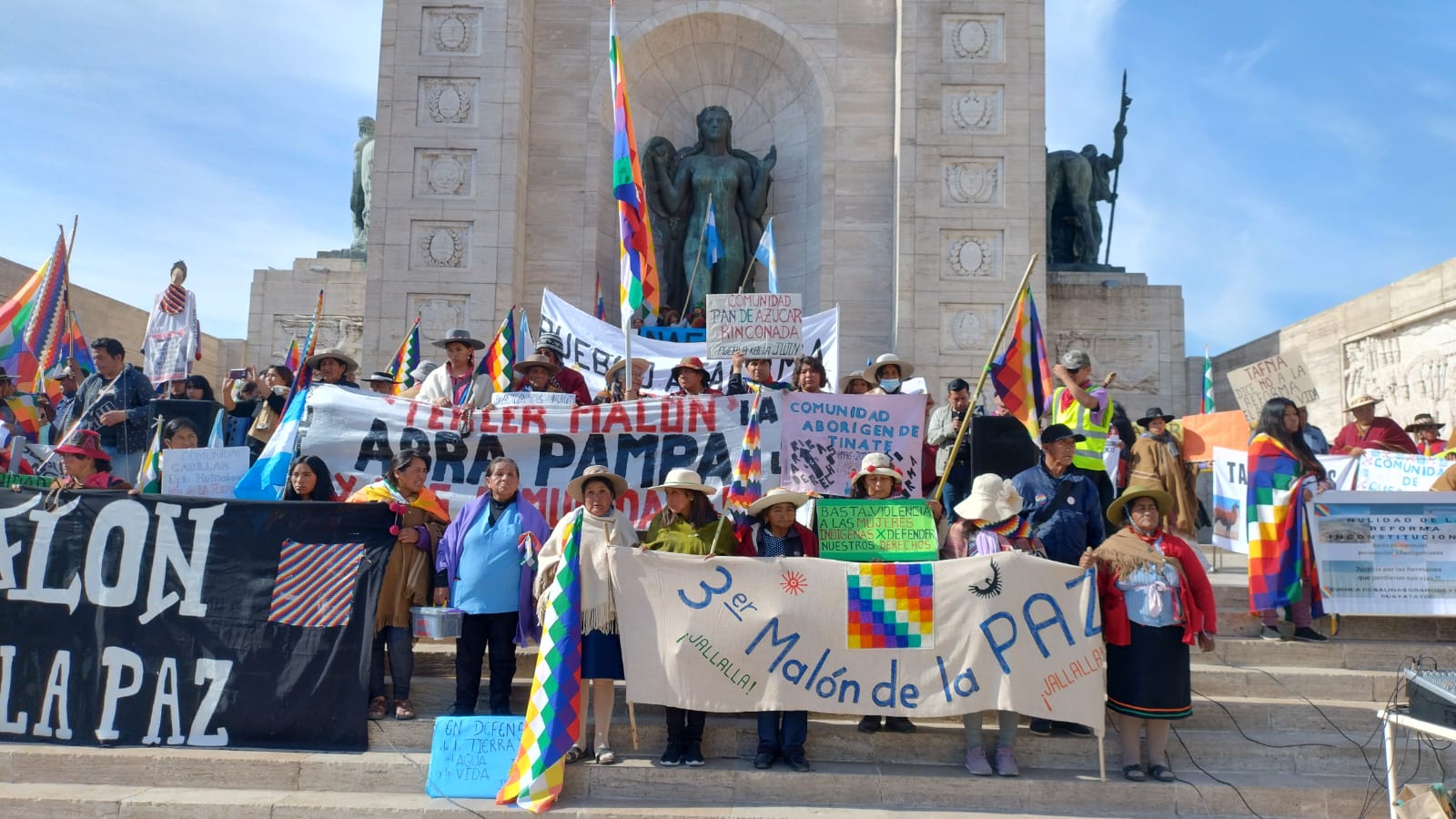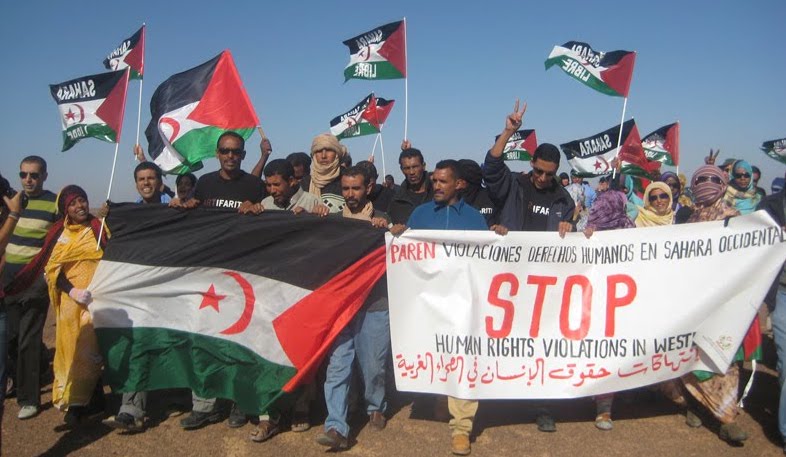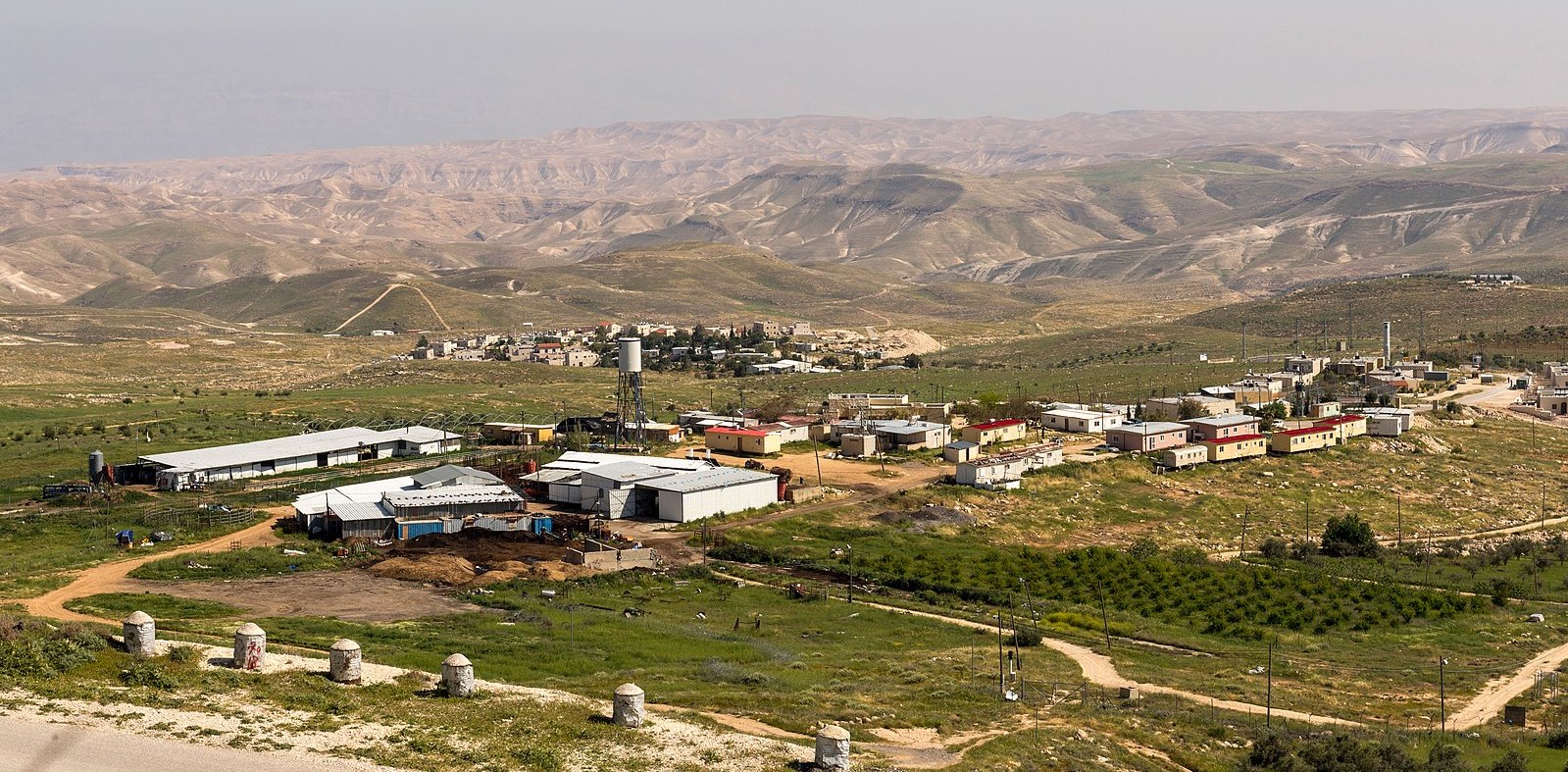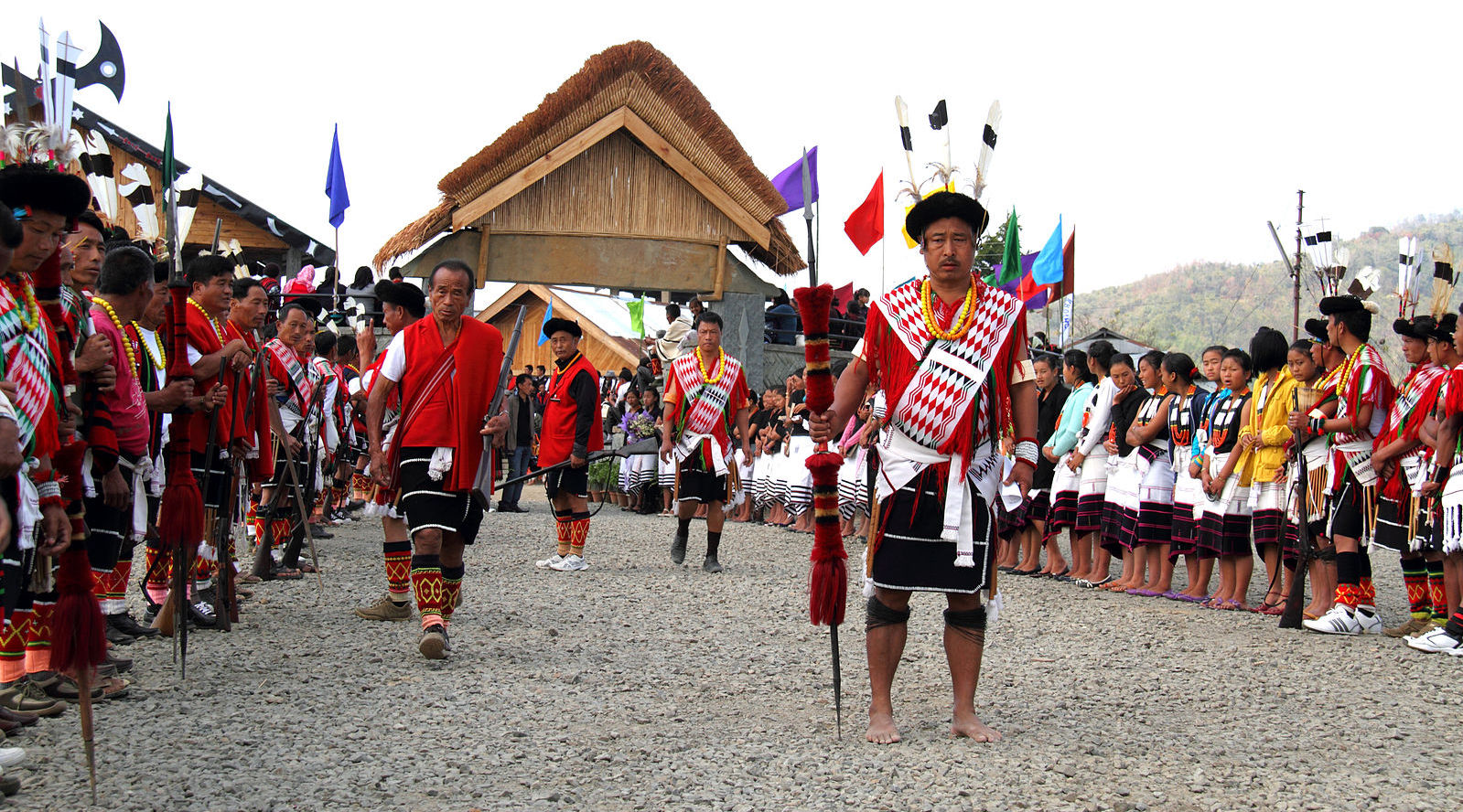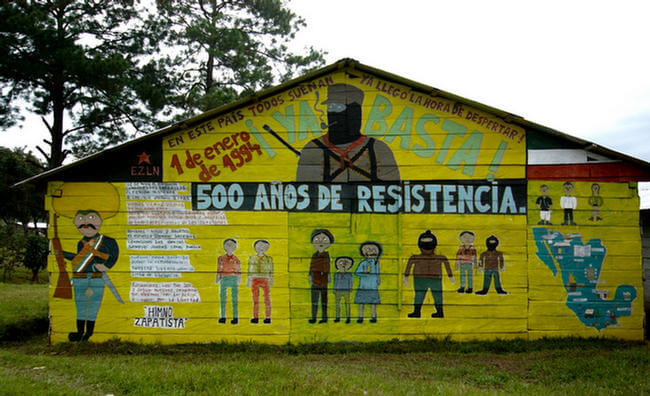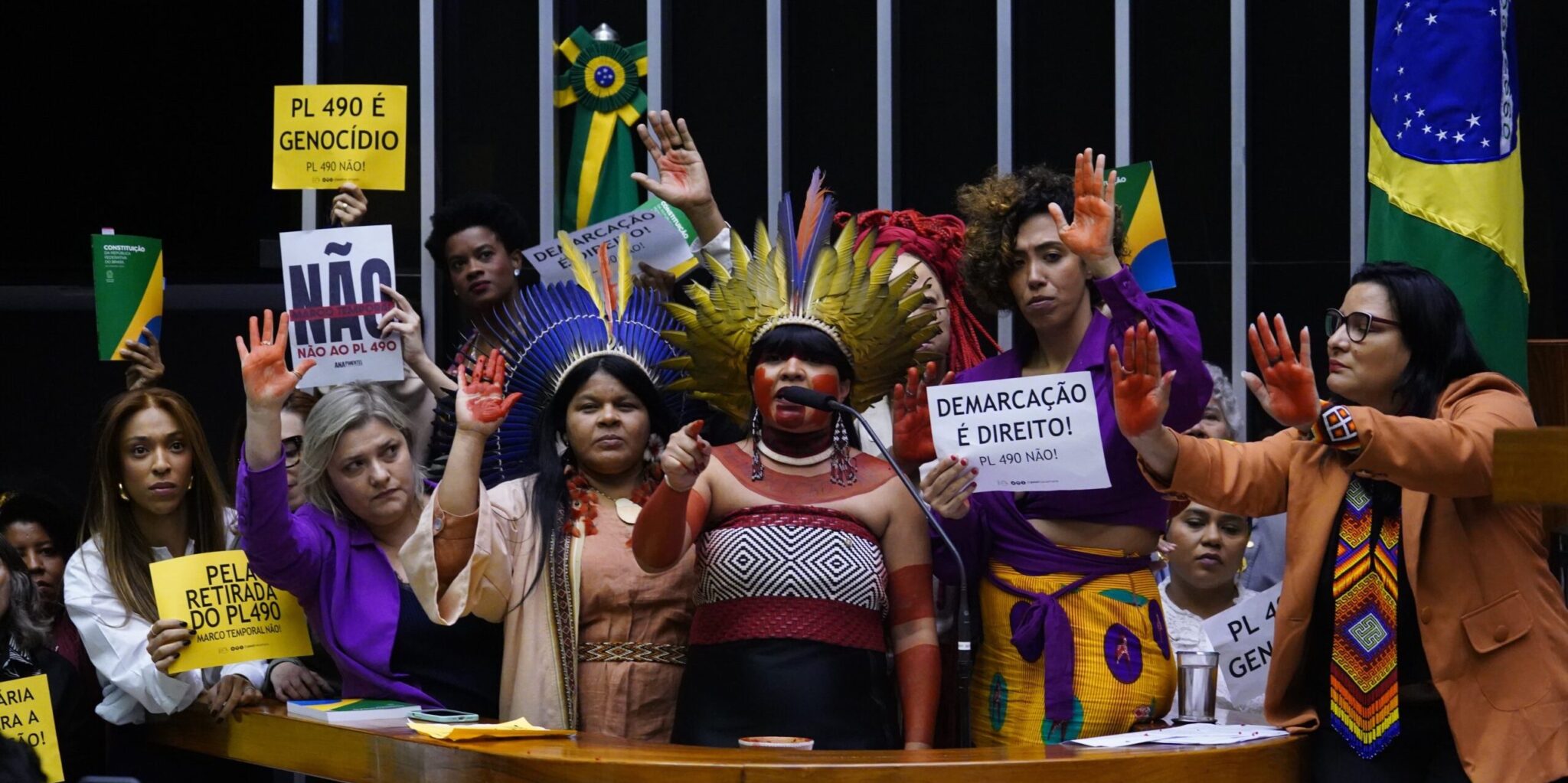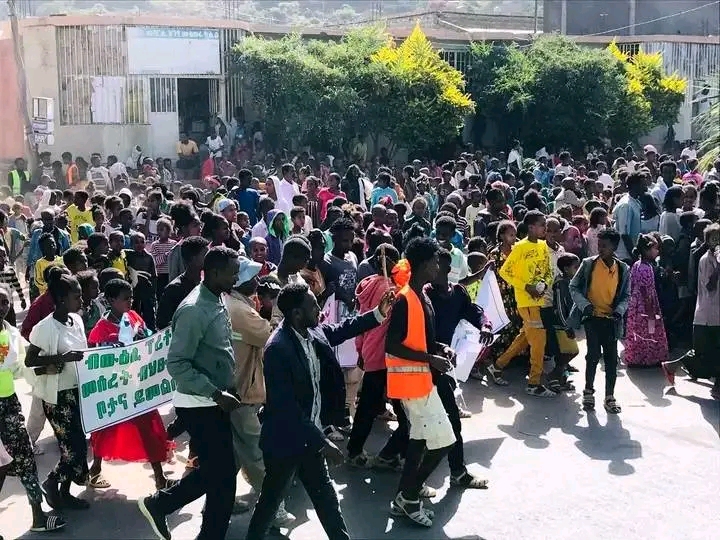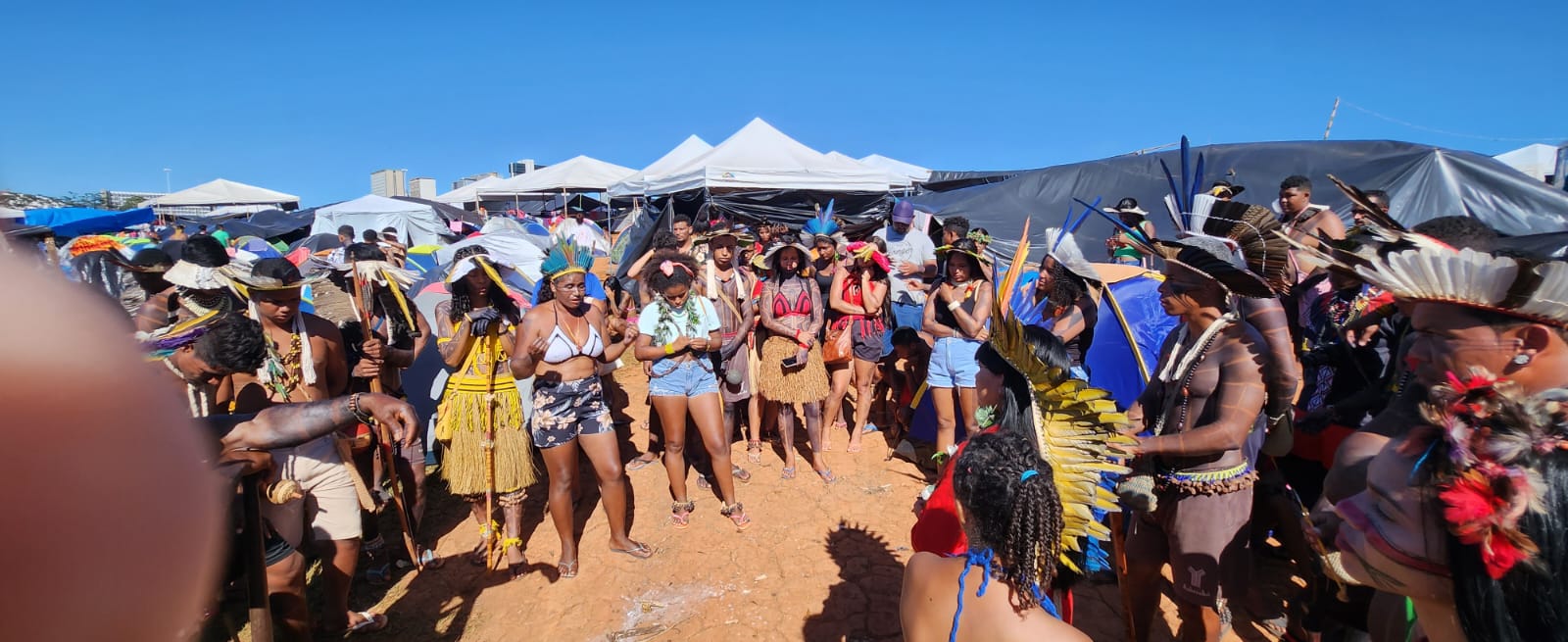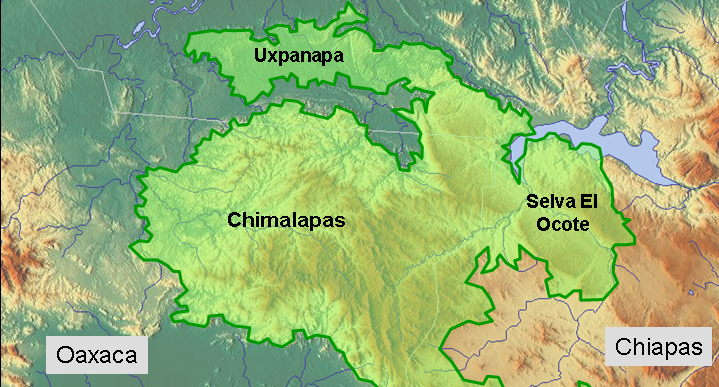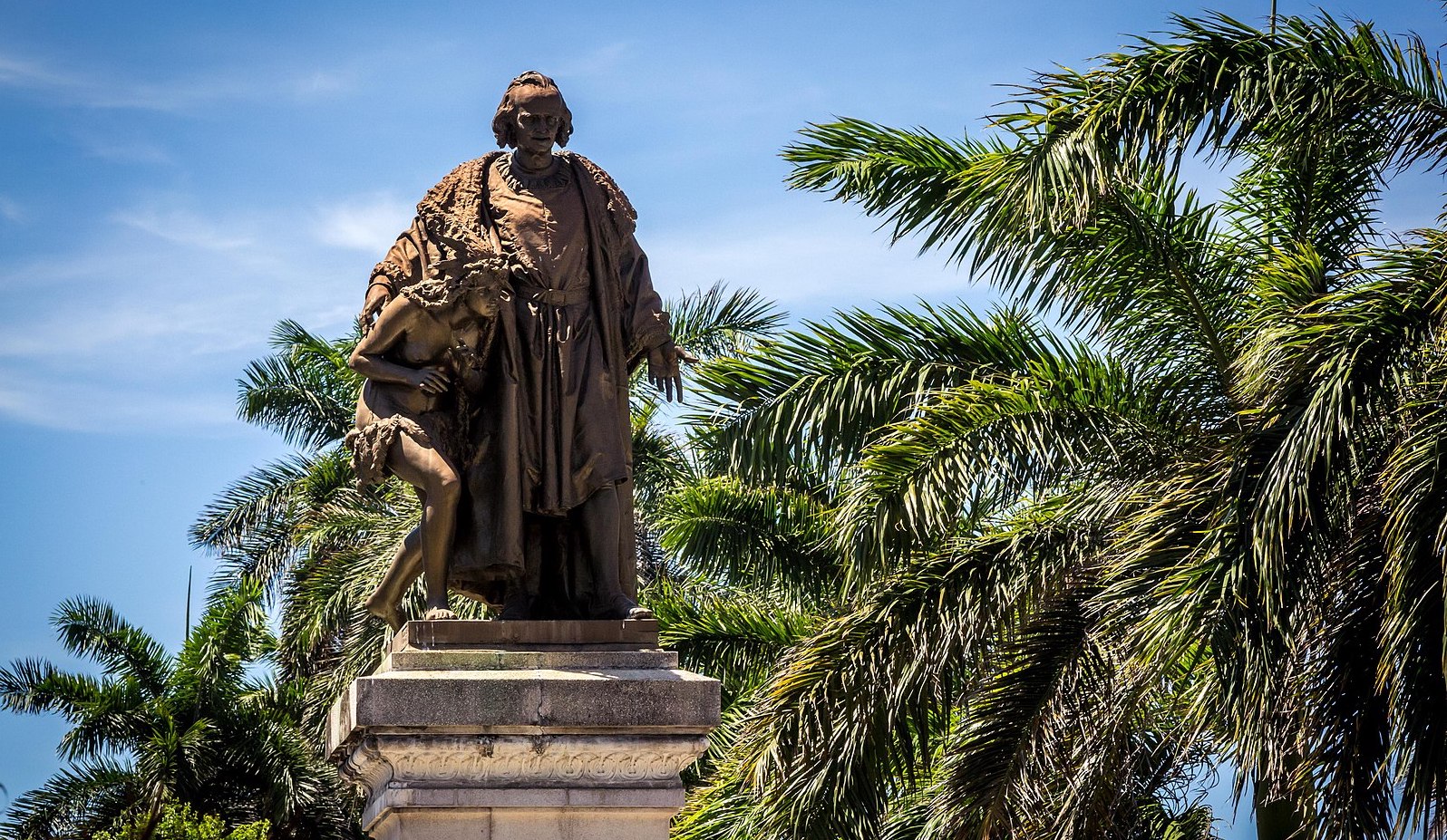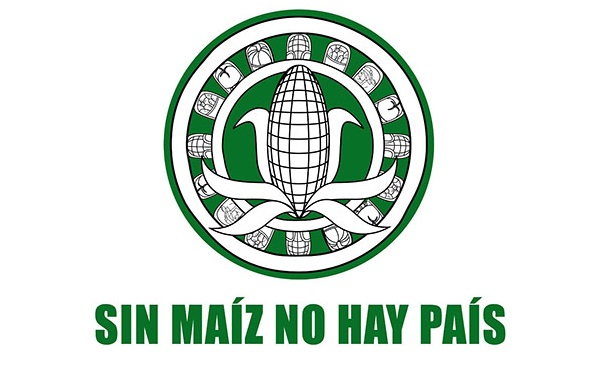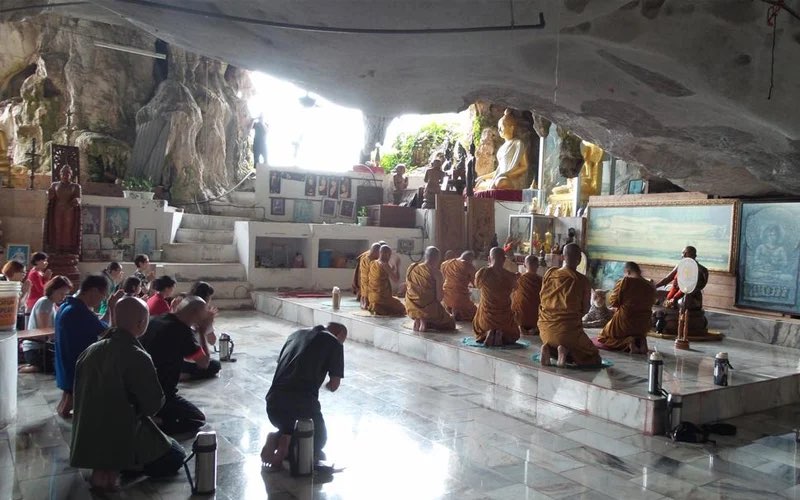
Malaysia rainforest at issue in fight over historic monastery
A Buddhist monastery carved out of a cave complex in the rainforest of Malaysia stands to be evicted after losing a legal appeal in its case against a cement manufacturer. The Court of Appeal ruled for Associated Pan Malaysia Cement in the case brought by the century-old Dhamma Sakyamuni Caves Monastery, finding that the company has the right to evict “squatters” from the tract at issue in a limestone massif known as Gunung Kanthan—despite the fact that it lies within the Kinta Valley National Geopark. The forested massif is home to several endangered species of both flora and fauna, and most of it has already been cleared for quarries. After the appeals court ruling, the Perak state government formed a special committee to mediate in the conflict. The Dhamma Sakyamuni monks pledge they will resist eviction. (Photo via Free Malaysia Today)



